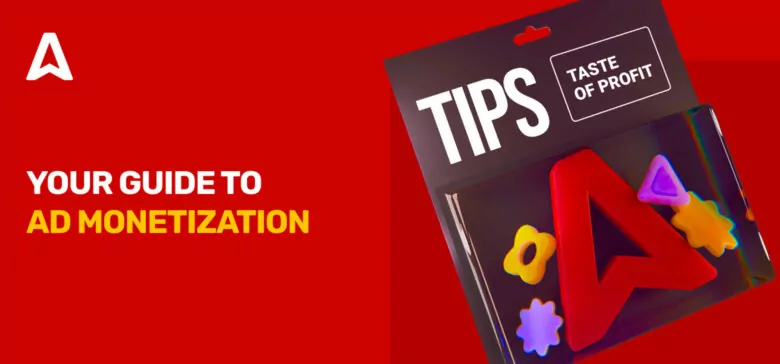Understanding the power of ad monetization is crucial for maximizing your online presence and turning traffic into profit.
Our complete Ad Monetization Guide walks you through the concepts of ad monetization, from basic principles to advanced strategies for effective ad placement. Join us to learn how to transform your website into a thriving, profitable platform!
What is ad monetization?
Ad monetization simply means earning revenue for your website or app through ads. By displaying advertisements to your audience, you can monetize your traffic and receive payments from advertisers. Learn more about how to get paid for advertising.
This is extremely simple at face value. But maximizing your ad revenue can be challenging.
How is ad monetization used in marketing?
Ad monetization is a powerful tool for publishers looking to generate revenue from their digital platforms through a variety of ad formats. While having a website is traditional, there are numerous other avenues for monetization. Publishers can leverage social media channels, engage in affiliate marketing, maintain a blog, and explore diverse options to maximize earnings by enhancing user engagement. At the same time, advertisers actively seek out these platforms to purchase ad space, promoting their products and services effectively.
Publishers have the flexibility to use ad monetization exclusively or in combination with other methods to enhance their income streams.
To monetize a website, you can use Google AdSense for ad placements and earn per click. Another option is affiliate marketing, promoting products and earning commissions. You can also sell ad space directly or create sponsored content.
Without a website, leverage social media like Instagram, YouTube, and TikTok to earn through ads and sponsorships. Try affiliate marketing by sharing product links on social media, guest blogs, or email marketing. Freelancing on platforms like Upwork and Fiverr, or publishing on Medium and Substack, are also great options.
Ad monetization models
Most digital platforms structure their ad monetization strategy in several key ways, leveraging different approaches to maximize revenue and user engagement:
- Direct sales: publishers can use an ad network to sell ad space to advertisers, offering customized placements;
- Affiliate marketing: publishers earn commissions by promoting products through affiliate links based on resulting sales or actions;
- Freemium models: basic services are free, with paid upgrades available for enhanced user experience;
- Sponsored content: publishers create integrated promotional content, earning revenue through partnerships;
- Pay-per-click ads: publishers earn revenue based on ad clicks.
Types of ad formats
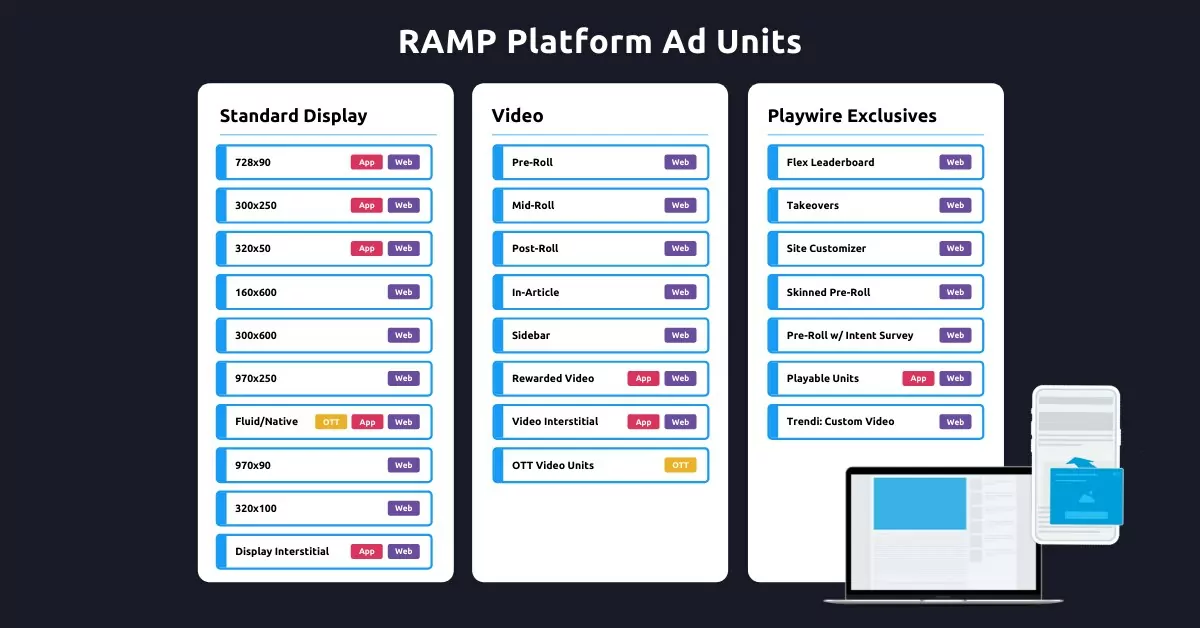
Ad formats are the various types of advertisements you can use on your website or app. Each type serves a specific role in engaging users and earning revenue for publishers. Knowing these options helps you monetize ads effectively to maximize your advertising impact.
Popunders
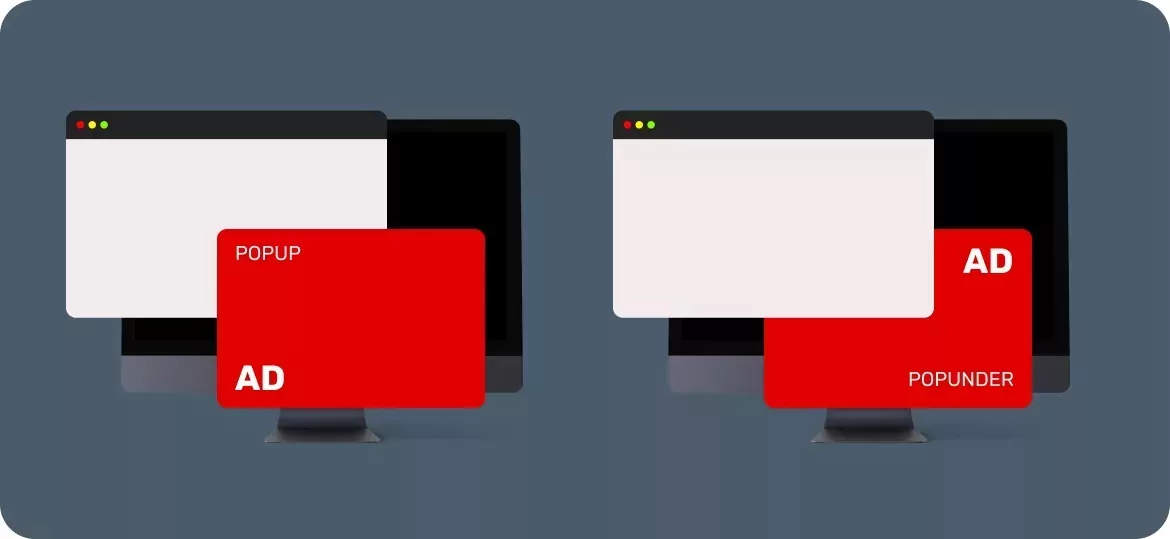
Popunders are a type of ad format that appears underneath the main browser window. The user only sees the ad after closing the main window. They ensure users see ads post-browsing, ideal for capturing attention without interruption. Adsterra’s Popunder ads are particularly effective in reaching users who may use ad blockers to avoid intrusive ads.
In-Page Push
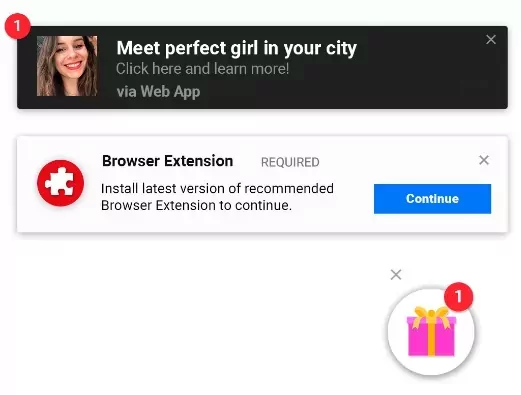
Traditional web push notifications are displayed on a user’s desktop or mobile device. In-Page Push ads look similar but are shown directly on the website like a Banner ad. They appear at the top or bottom of a website as a user scrolls down. Adsterra’s In-Page Push ads are easy to implement and manage, requiring minimal effort once integrated. They deliver targeted messages effectively, helping publishers maximize earnings and maintain a positive user experience.
Adsterra offers a diverse range of lucrative ad formats supported by over 15,000 advertisers. Join our network today and start earning income from your content.
Interstitials
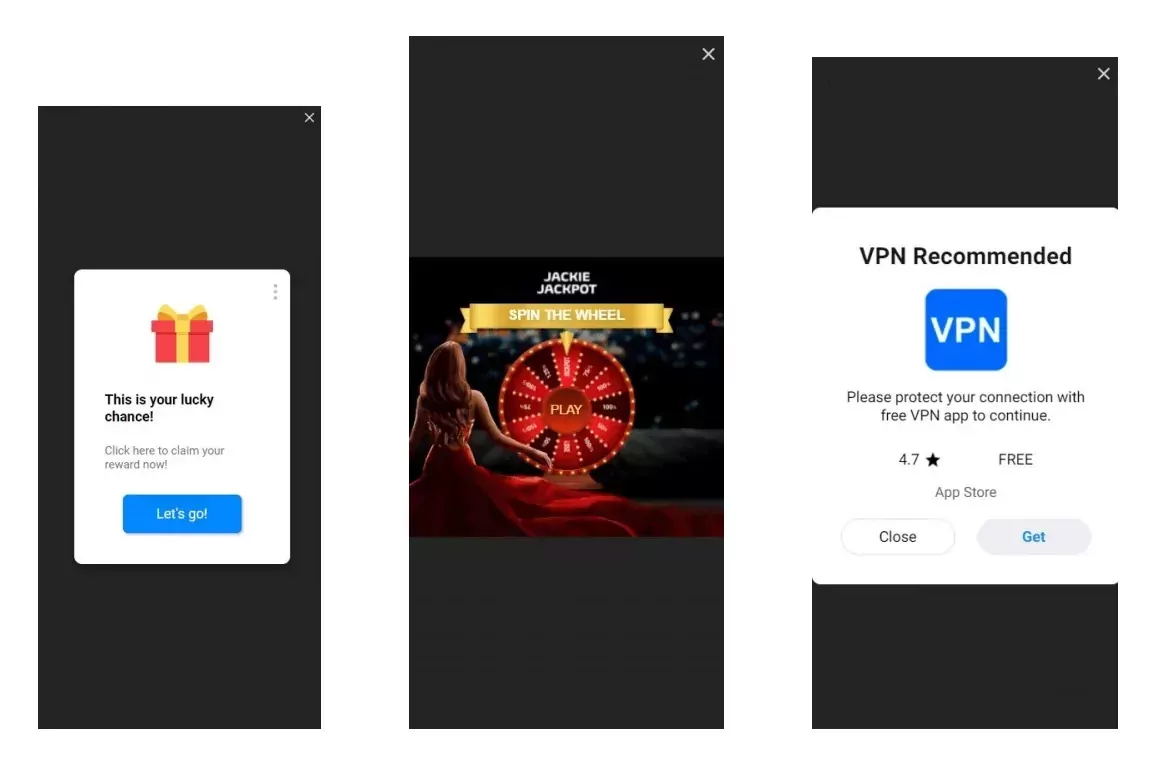
Interstitials are full-screen ads that cover the entire interface of their host website, either desktop or mobile. When users see the ad, they can either tap on it or close it and return to what they’re doing. You would find this ad unit more in mobile apps, especially games formerly, but now it’s one of the top formats for websites (specifically movies websites) and blogs.
Adsterra’s Interstitial ads appear at key moments, maximizing visibility and revenue. With seamless customization, they maintain user experience while delivering impactful ads.
Native Ads
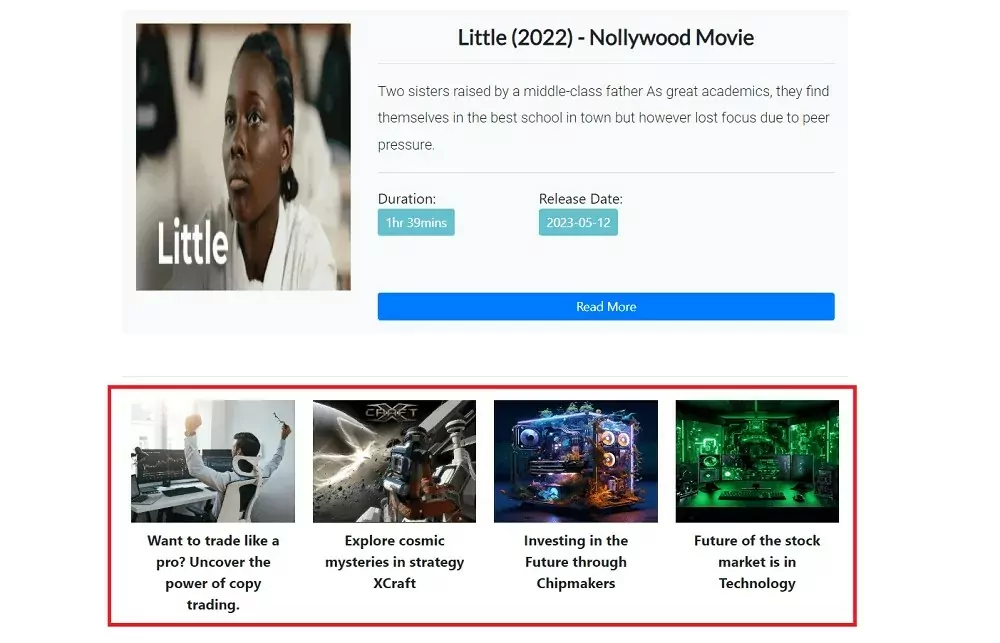
Native Ads match the look and feel of the website or app they’re hosted on. They are so cohesive with your content that users may not even notice that it’s an ad. They match user interests by showing relevant offers aligned with the website’s theme. Adsterra offers customizable and segmented Native ad formats that resonate with your audience’s interests.
Takeover ads

Takeover ads wrap around your entire app or website’s content, creating a border effect. The whole ad space is usually taken over by a single brand seeking exclusive exposure to your users.
Banner ads

Banner ads are static or dynamic images displayed on your site to draw a user’s attention to the advertiser. It usually has a clickable link that leads to the advertiser’s website. You’ll likely see it in a rectangular or square shape at the top, bottom, or side of a website. This is the most common form of advertising for all websites and apps.
Adsterra’s Banner ads offer precise targeting and creative flexibility, supporting static, and animated formats to boost click-through rates and revenue for publishers.
Offerwall ads
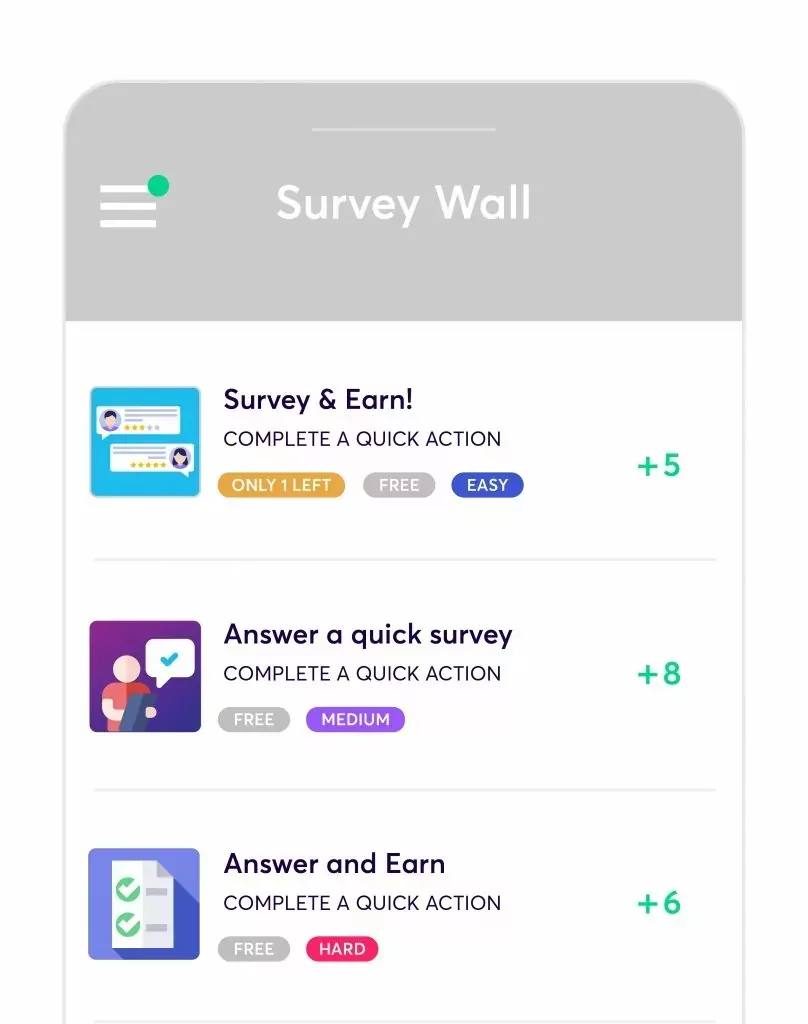
Offerwall is a creative form of advertising. It allows users on a mobile app to take advantage of an offer to earn in-app rewards. It could be a video, survey, purchase, account registration, etc. The most common place you’ll encounter this type of ad is in mobile games, where the player is prompted to watch an ad to level up or continue from a part where they failed.
Video ads
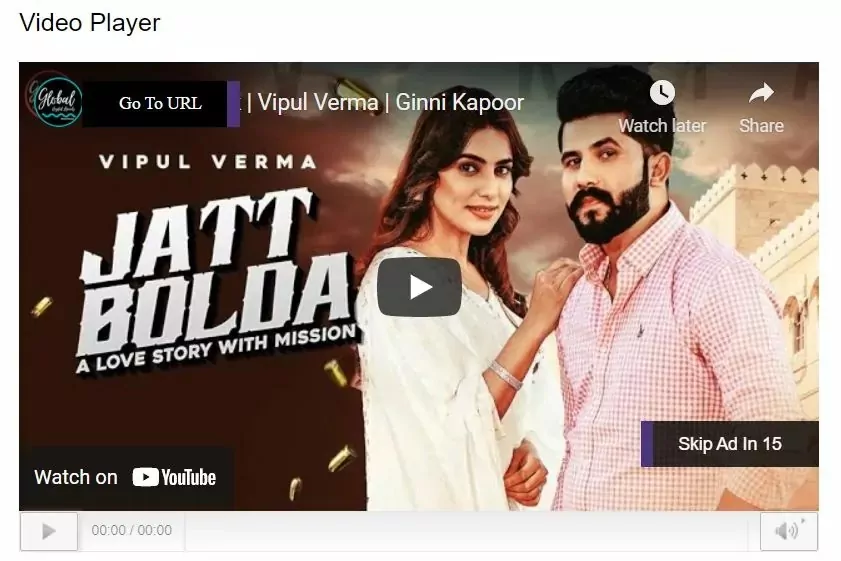
As the name suggests, this type of ad appears in the form of short and informative videos that promote a particular brand to your readers. The videos can be embedded within your own video content or placed in written articles.
This ad format tends to draw the user’s attention more than other types of ads, which makes advertisers pay more for it. The downside is that this type of ad can be distracting, especially if you set it to play automatically.
Sticky or adhesive ads
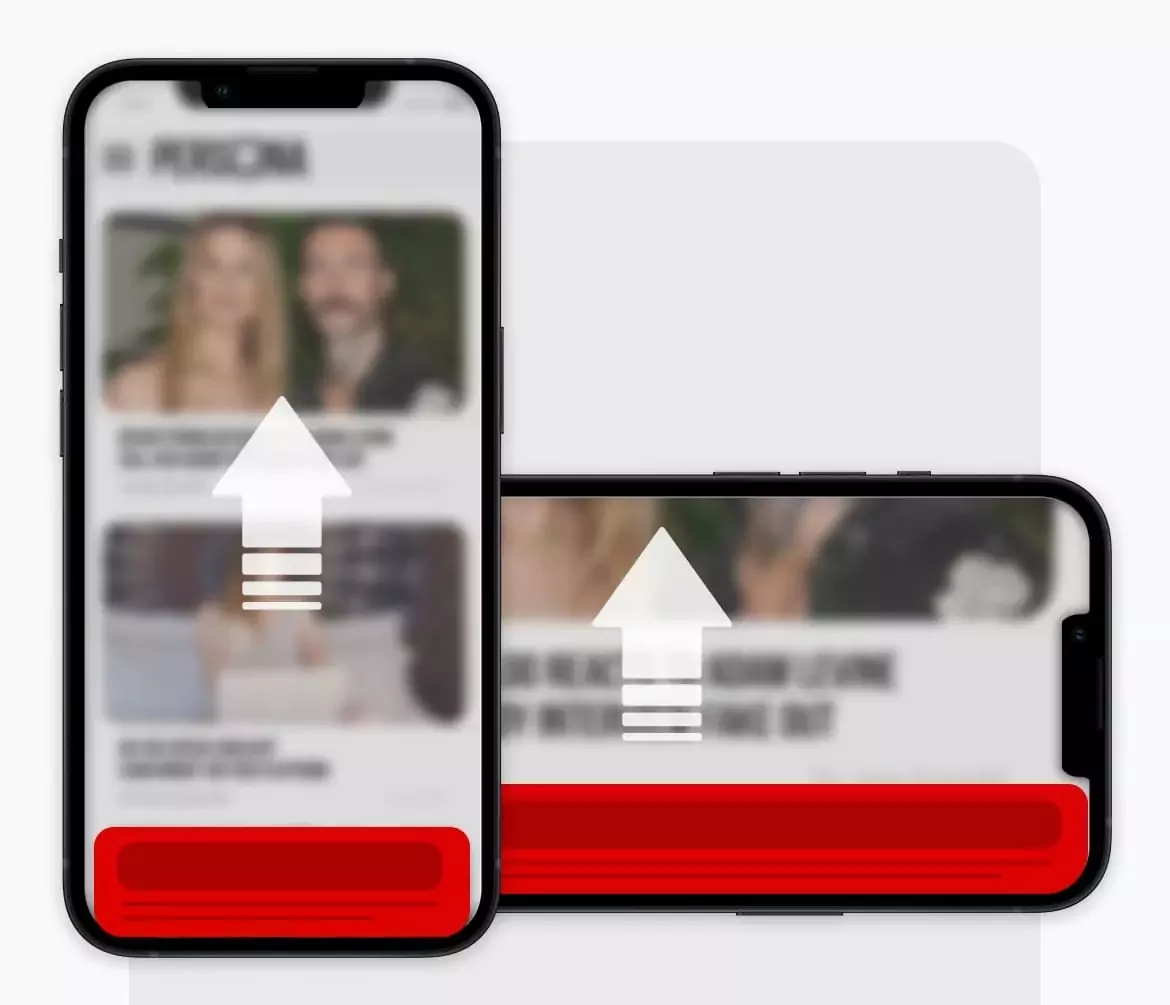
Sticky or adhesive ads stay in place even as the user scrolls past the initial contact point. The stickiness ensures that the user will likely view the ad even if they don’t interact with it.
This type of ad gets more engagement, but it can interfere with the user experience or obstruct your site’s content in an annoying way. So, endeavor to place it in an unobstructed position and test it to confirm before deployment.
Adsterra supports many ad formats that can earn you significant income, including Popunders, Native Banners, Display Banners, In-Page Push, Interstitials, etc. These formats help you make more profits than you’d do on other networks.
How to get started?
There are many ad networks you can choose from. One of them is Adsterra which offers many ad formats and has an extensive network of advertisers that can give you good revenue and receive a good ROI. Follow these steps to sign up on Adsterra:
- Head to Adsterra.com and click the Sign Up button at the top-right corner.
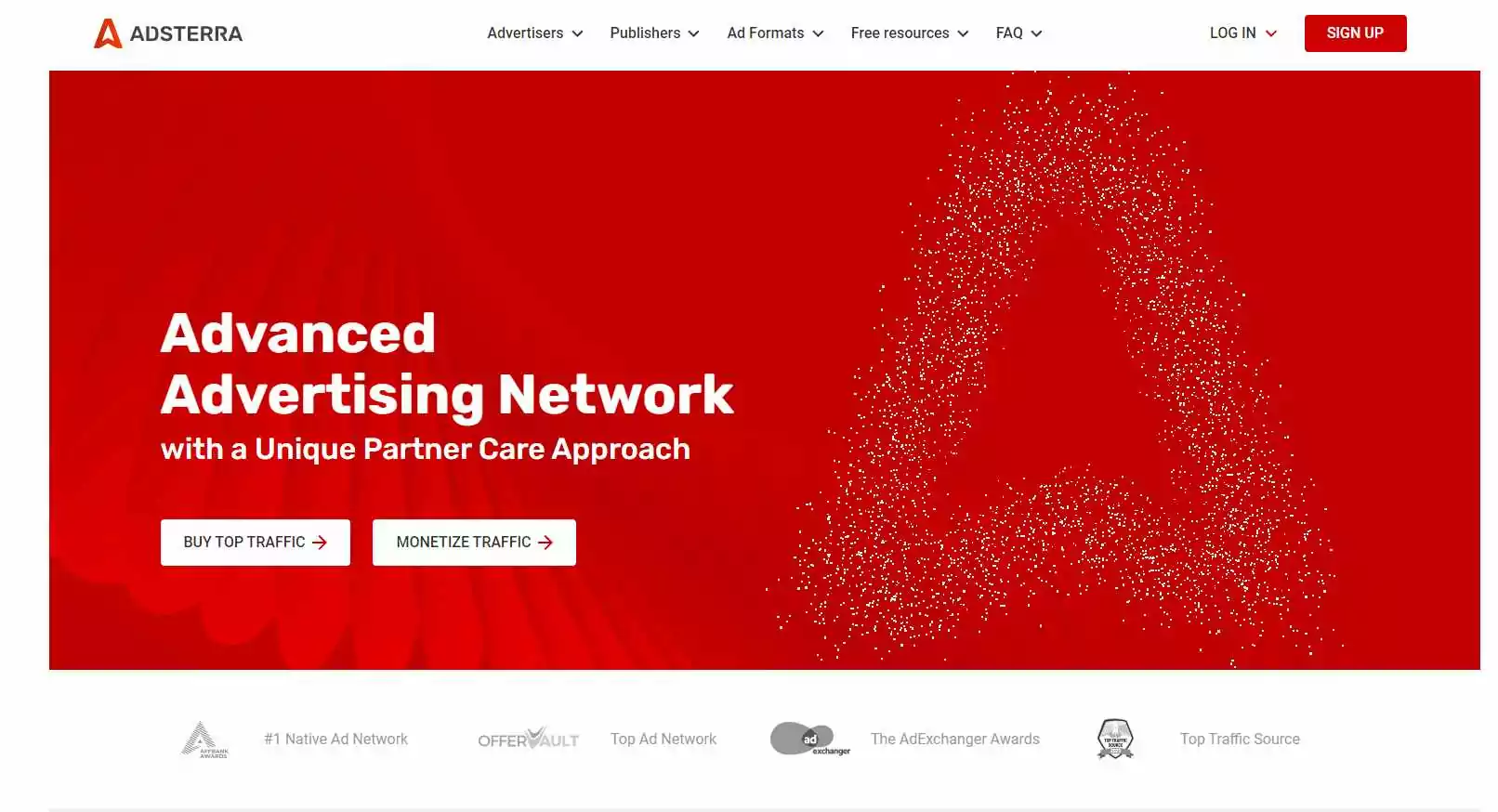
- Click Get Started as a Publisher, and you’ll be led to another webpage.
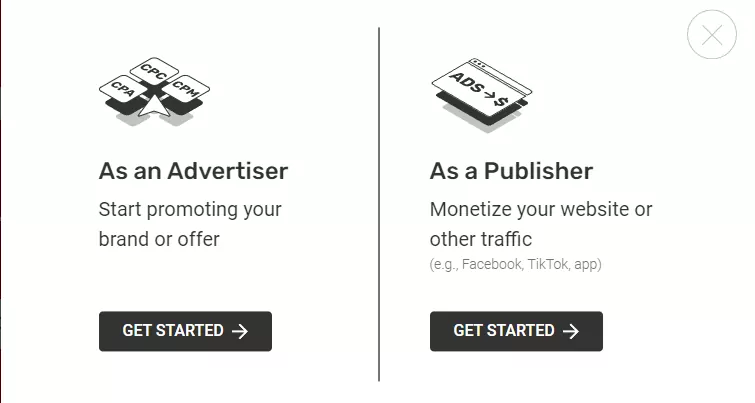
- Fill out the form and sign up. Verify your email address after filling out the form.
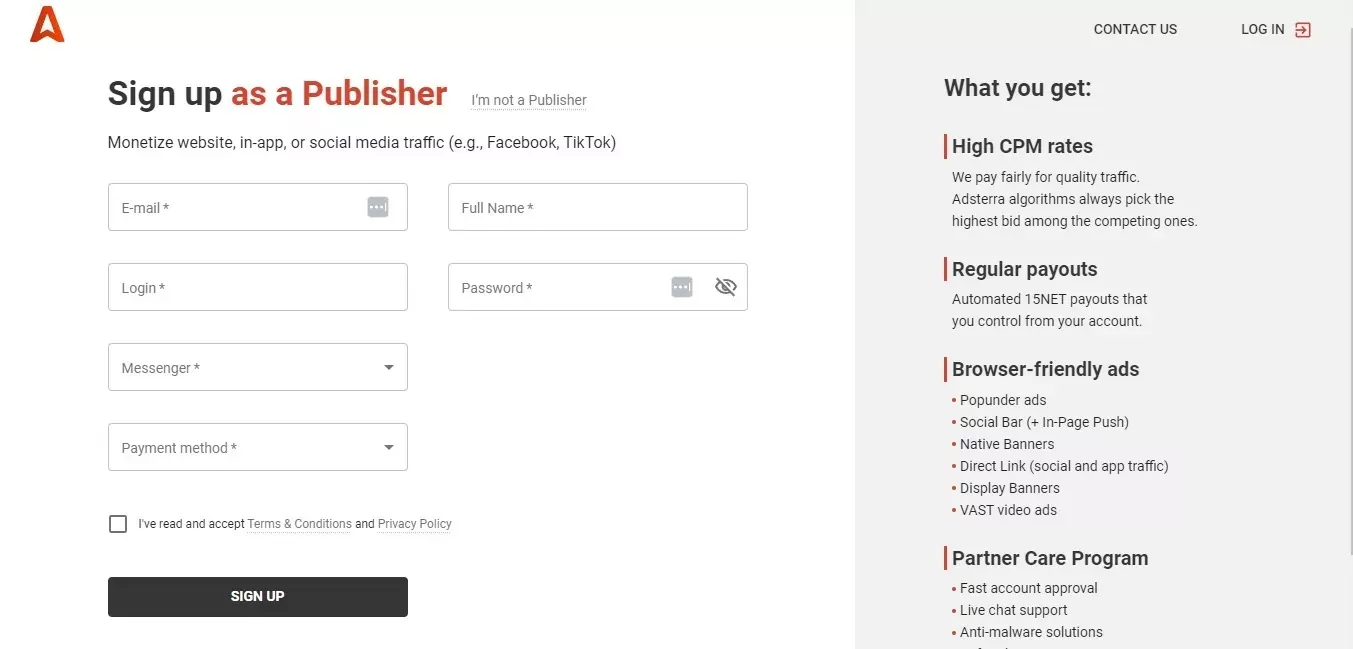
- Next, provide information about your website and wait a few minutes for Adsterra’s approval.
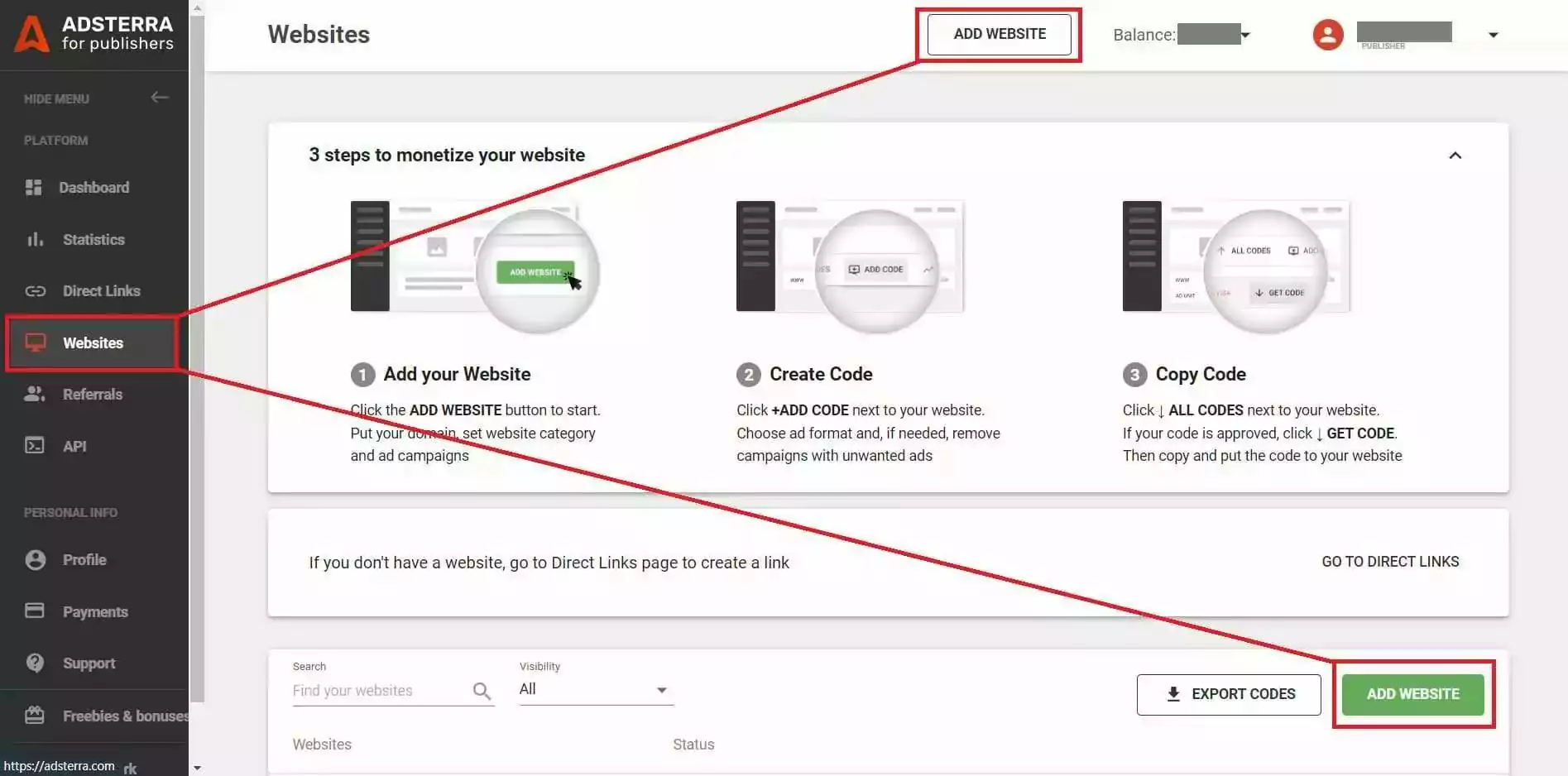
- If approved, you can place an ad code on your website or app, and ads from Adsterra’s network will automatically appear on it. Congrats! You have started earning revenue with your campaign.

Join us on Instagram for exclusive updates and tips for publishers from Adsterra. Follow us now!
How to optimize revenue generation?
As your website grows, optimizing its revenue becomes crucial. For it, consider the following strategies:
- Audience targeting: understand your audience demographics and behaviors to deliver relevant ads;
- Ad placement and formats: place ads strategically where they are visible but not intrusive, and experiment with different ad formats to find what works best;
- User experience: ensure a smooth user experience to encourage longer site visits;
- Ad quality and relevance: partner with reputable ad networks like Adsterra, which provide high-quality ads relevant to your audience.
What metrics impact your ad monetization strategy?
Knowing your metrics is like having a secret weapon for boosting revenue. These metrics are the keys to understanding how effectively your ads are performing. Here are the crucial metrics that impact ad monetization strategy:
- CTR (Click-Through Rate): percentage of users who click on an ad;
- Pricing model (CPM, CPC, etc): variants include cost per thousand impressions or cost per click, depending on the ad format;
- Fill rate: percentage of ad requests filled with ads;
- eCPM (Effective Cost Per Thousand Impressions): a metric used for revenue comparison across different traffic sources;
- Conversion Rate: the rate that indicates how effectively users take desired actions from ads;
- Session Duration and Engagement: impact of user engagement on ad performance.
Conclusion
By placing ads with a strong ad monetization strategy, enhancing user experience, and keeping up with industry trends, publishers can achieve consistent profitability. Effective ad monetization not only improves financial results but also fosters lasting audience engagement and propels business expansion in our rapidly evolving digital world.
That’s why Adsterra provides extensive solutions tailored for publishers, helping them understand various strategies—from Popunder ads to more seamless options like Native ads.
FAQs
After placing the code on your website, ads will be automatically delivered. Adsterra uses a modern eCPM model, considering views, clicks, and conversions to maximize earnings. By also taking impressions into account, our approach enhances the potential for increased profit and payouts. Enhance earnings and user experience by boosting traffic and engaging visitors with relevant ads.
The best ad monetization platform varies by site type, traffic, and revenue goals. The suitable one depends on several factors such as your type of site, traffic level, and revenue goals. Adsterra is ideal for most websites, easy to sign up for, and deploy regardless of traffic. You can start earning immediately and grow your revenue as traffic increases, with no minimum traffic requirements.
Ad monetization varies across platforms. For example, a blog using a $2 CPM model earns revenue by displaying Banner ads. With 100,000 monthly page views and one ad per page, it accrues 100,000 impressions, potentially earning $200. This shows how websites generate revenue based on ad views.
Absolutely! Combining ad strategies on a website significantly boosts earnings. Integrating display ads (CPM) ensures revenue from impressions, while Native ads and affiliate marketing drive engagement and actions. Video ads add another revenue stream, and subscription models or sponsorships provide premium options. This approach maximizes the income and optimizes user experience, enhancing the revenue potential.
